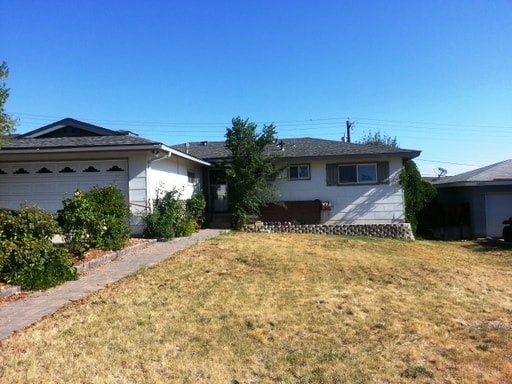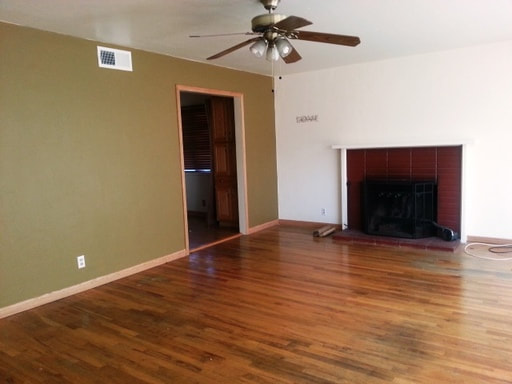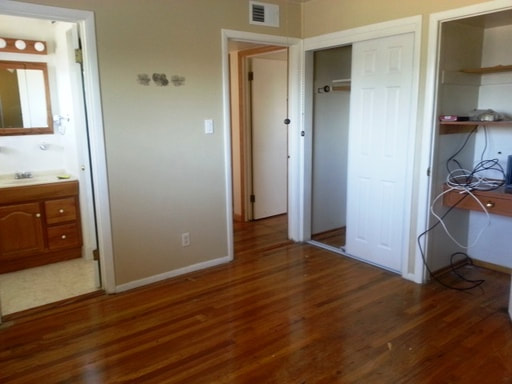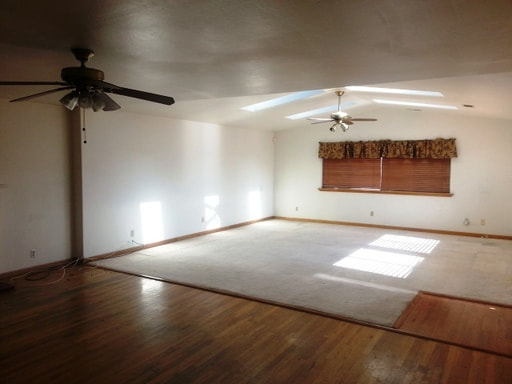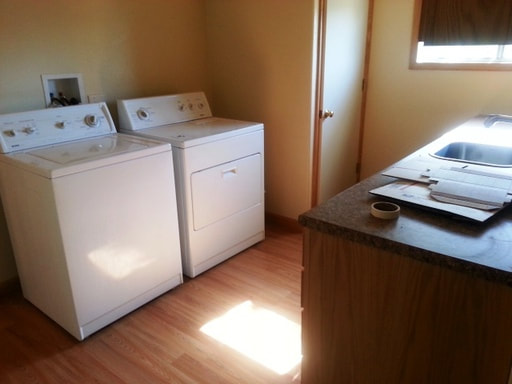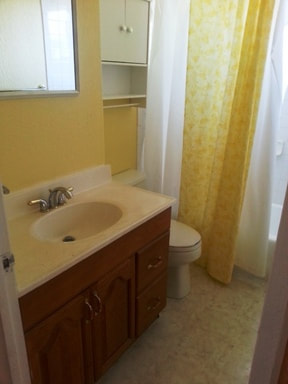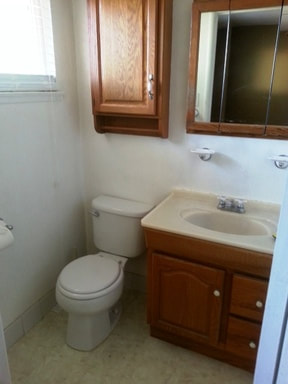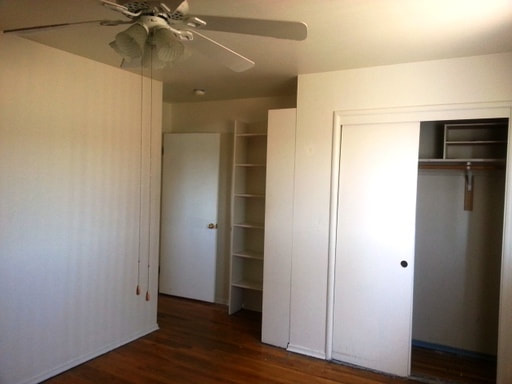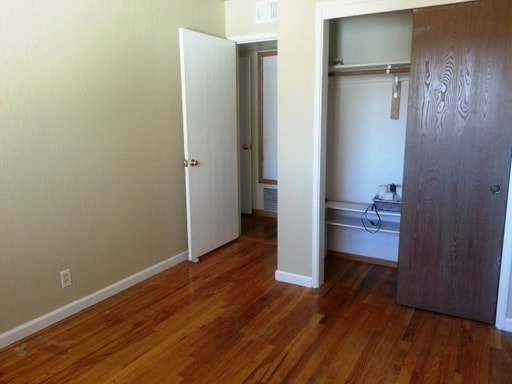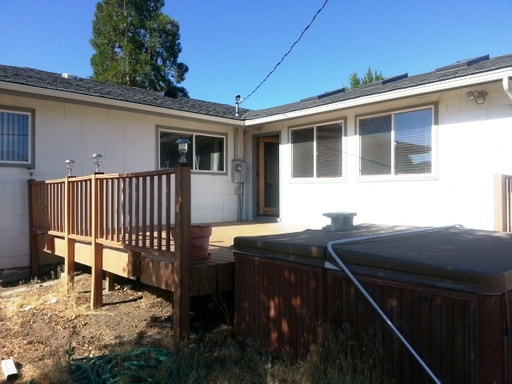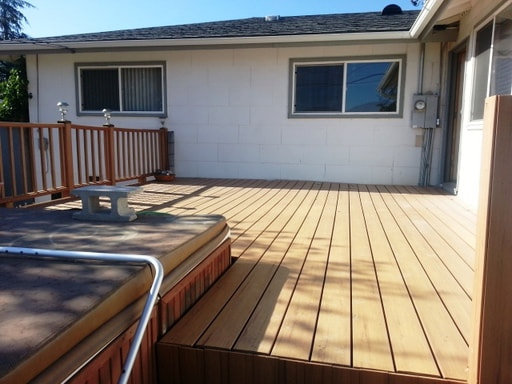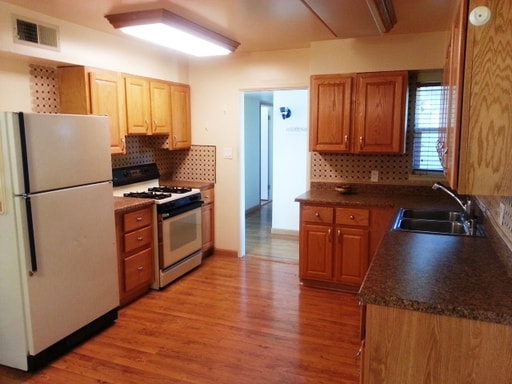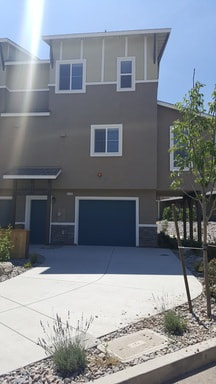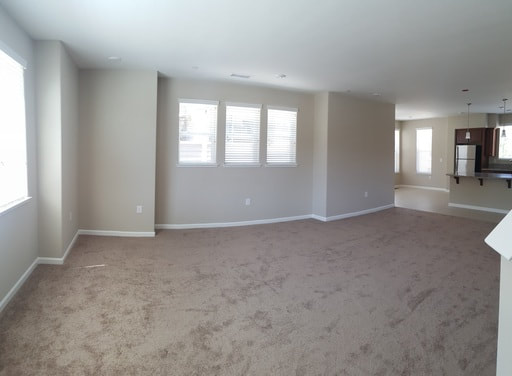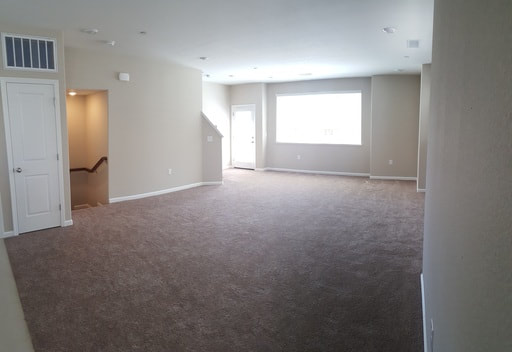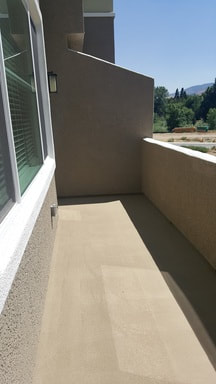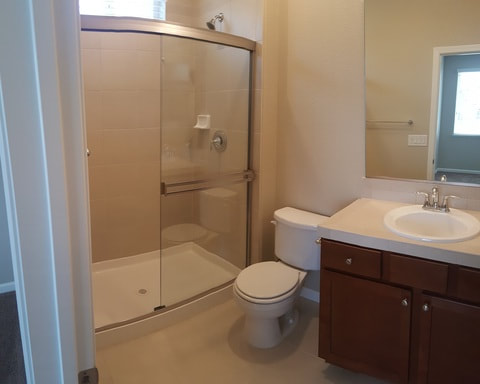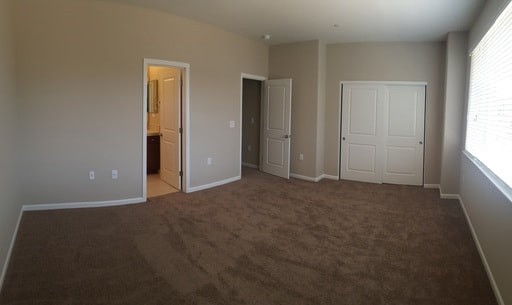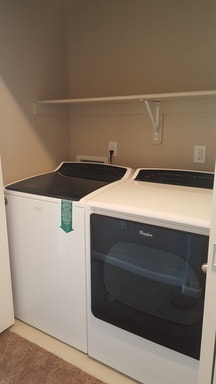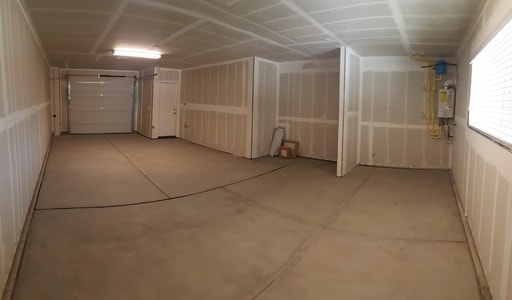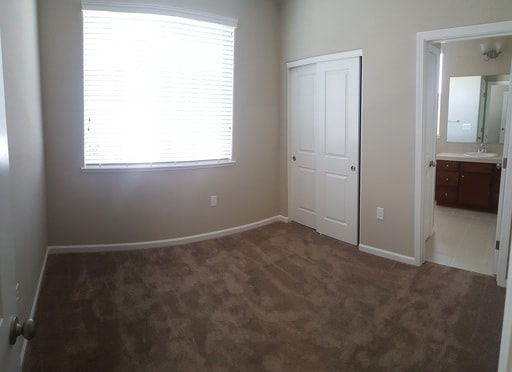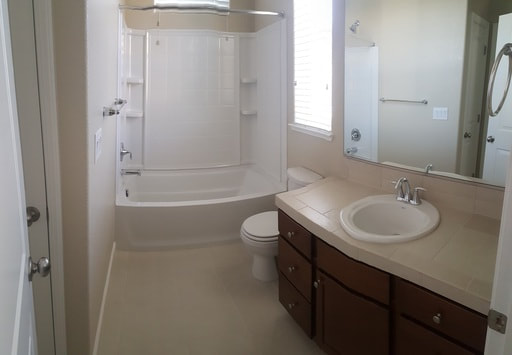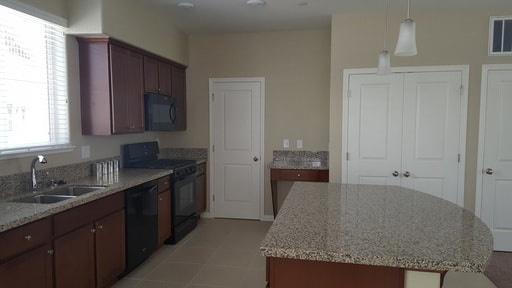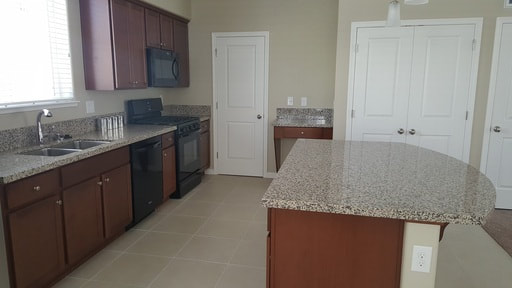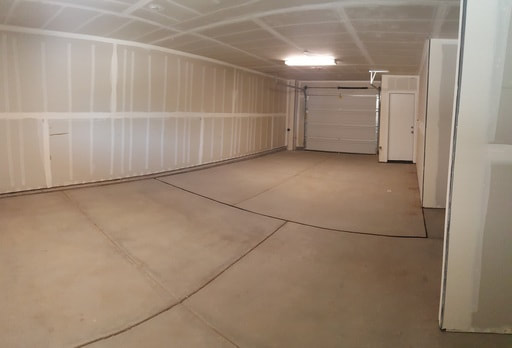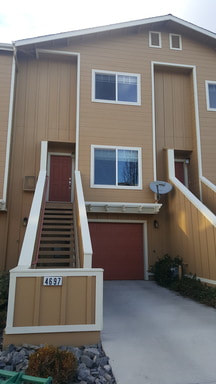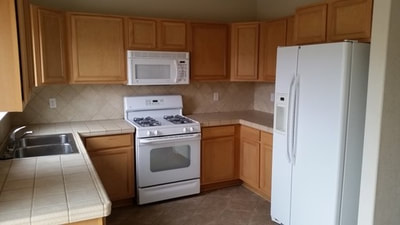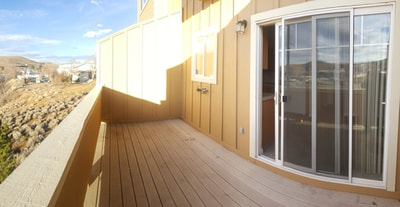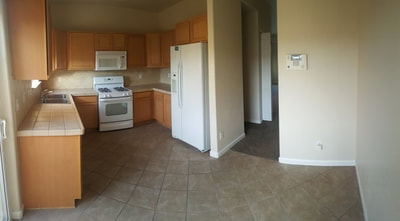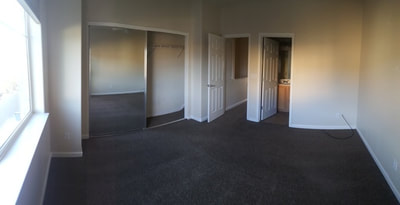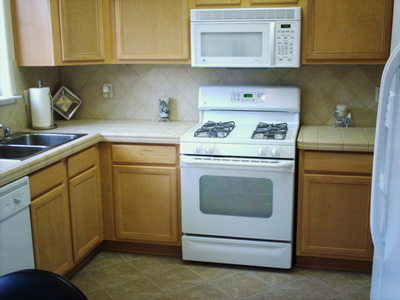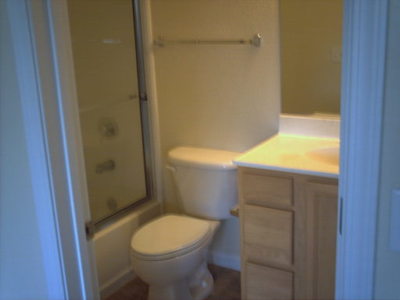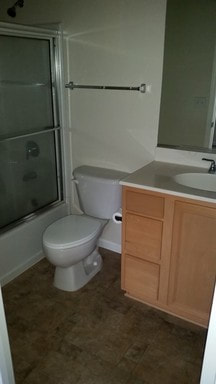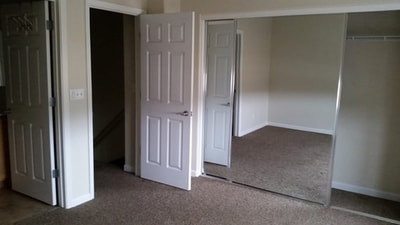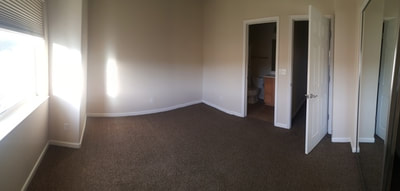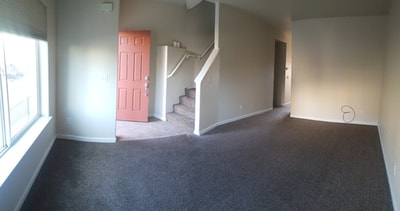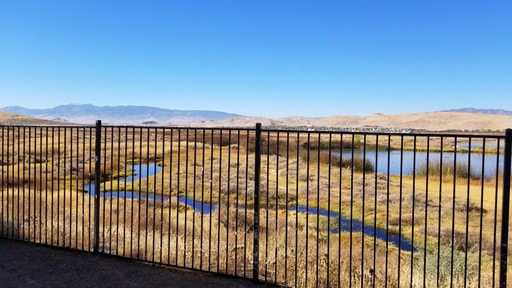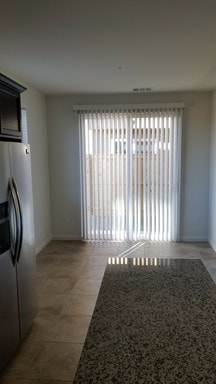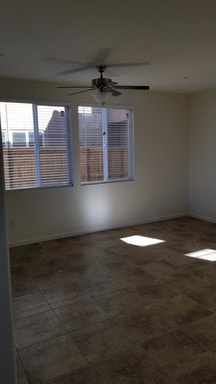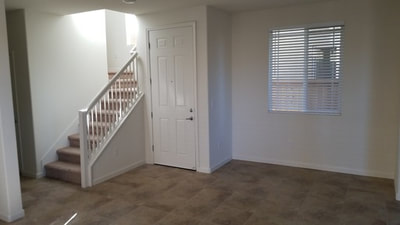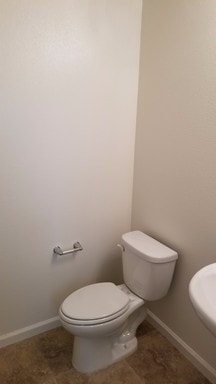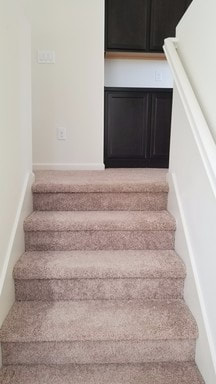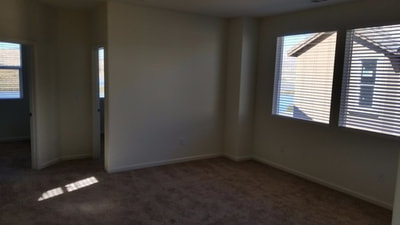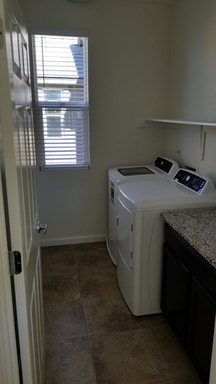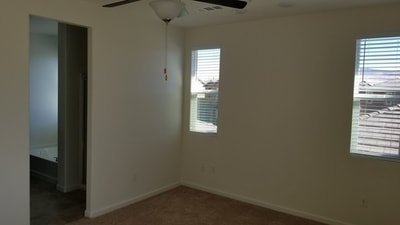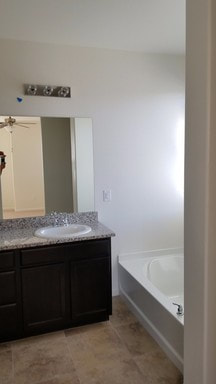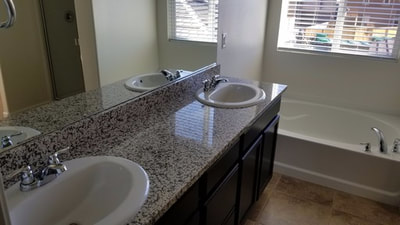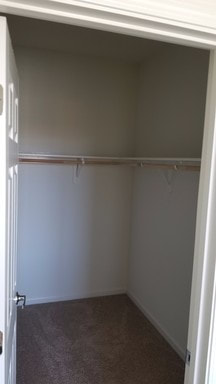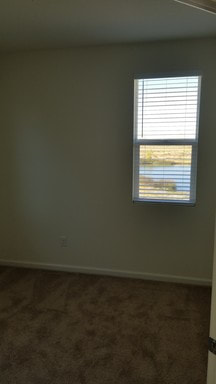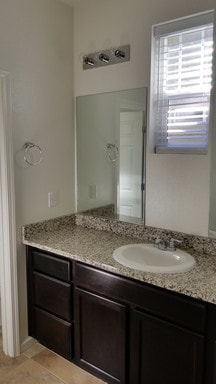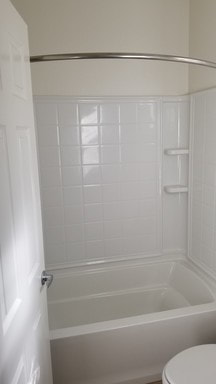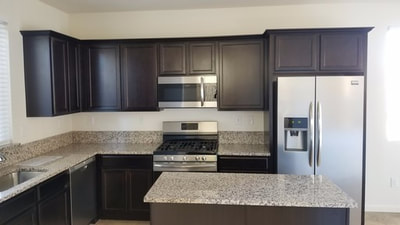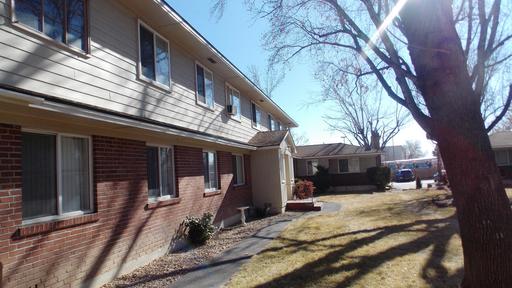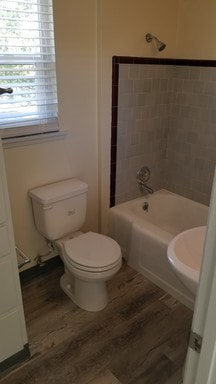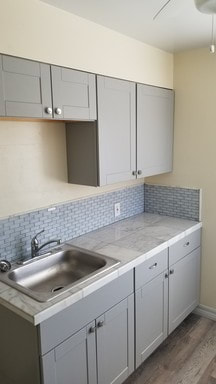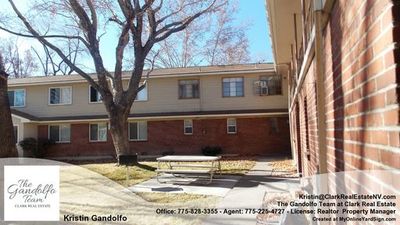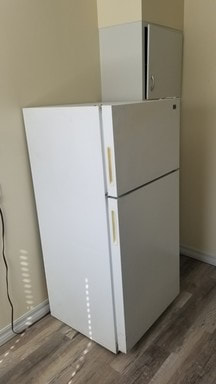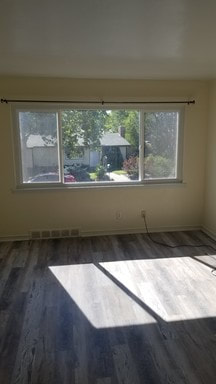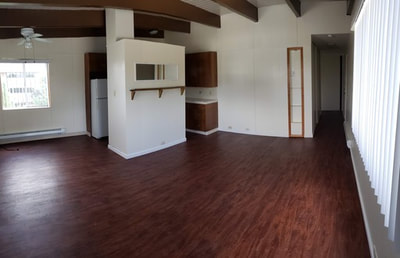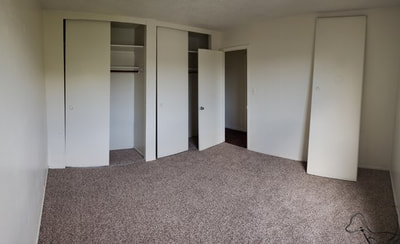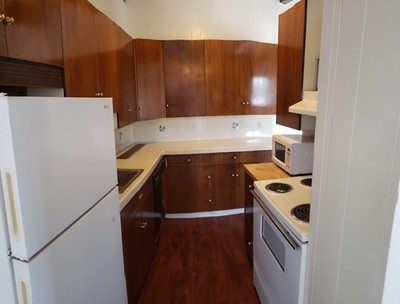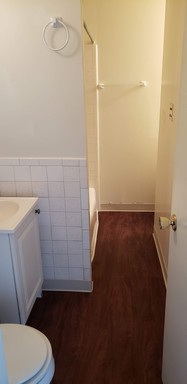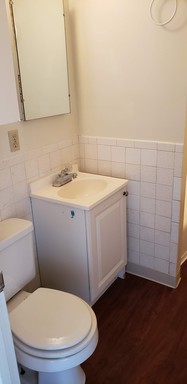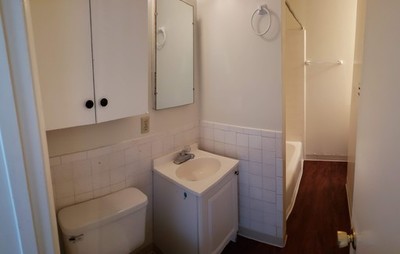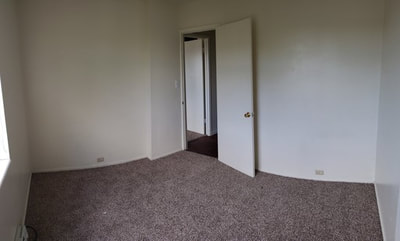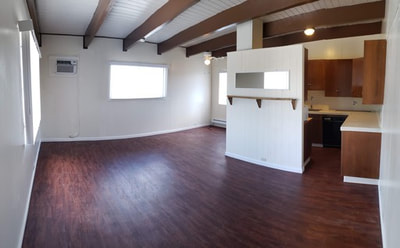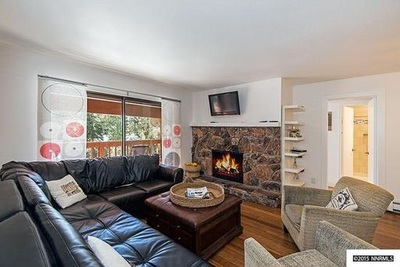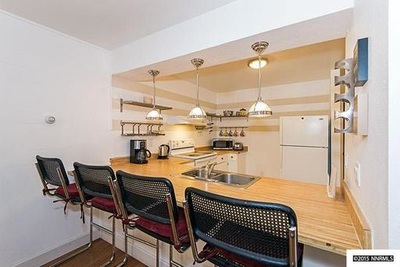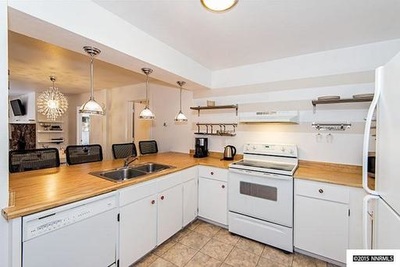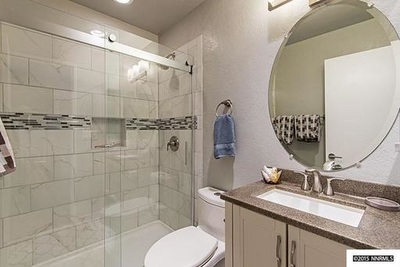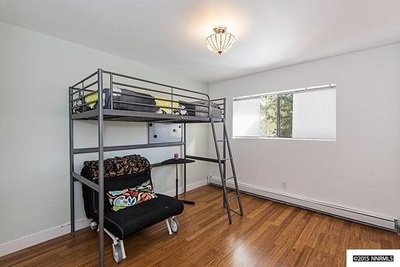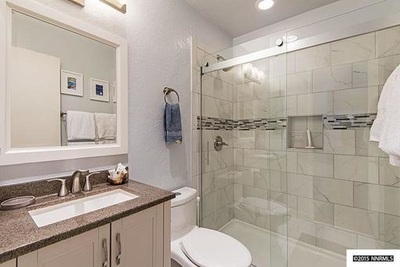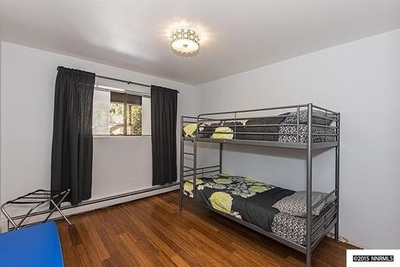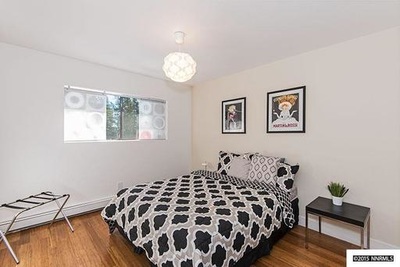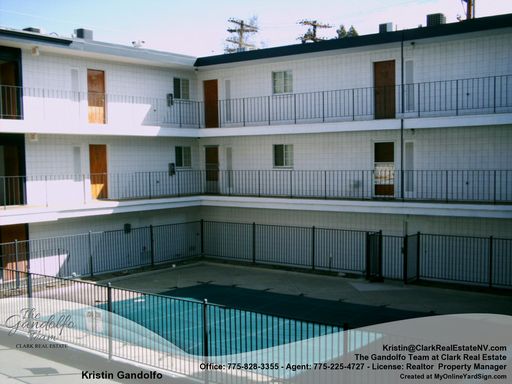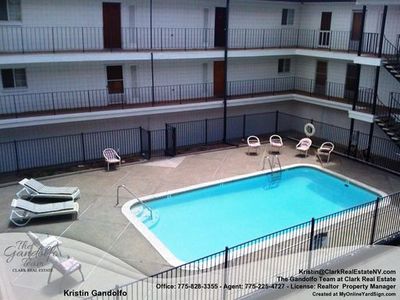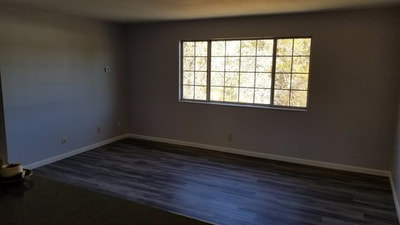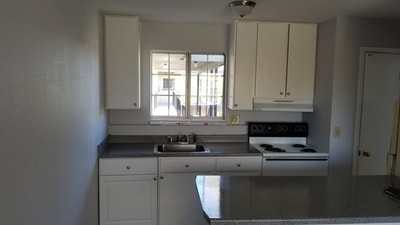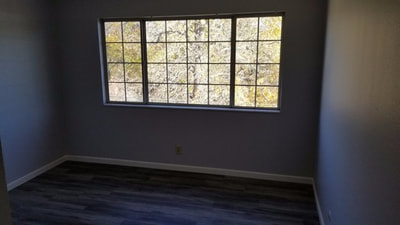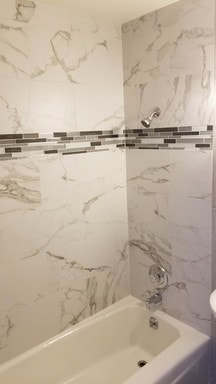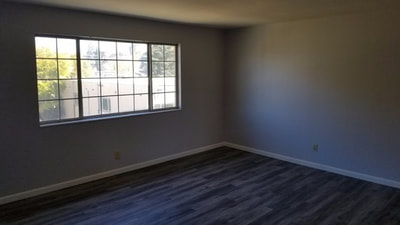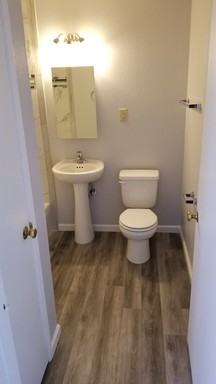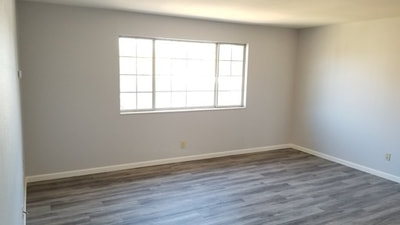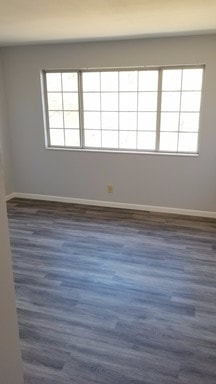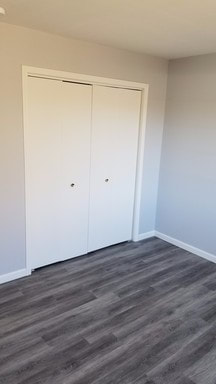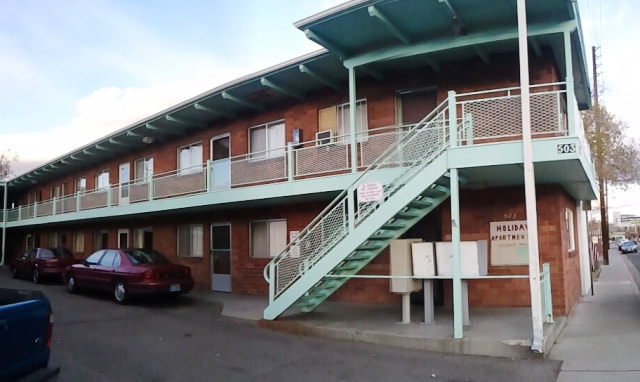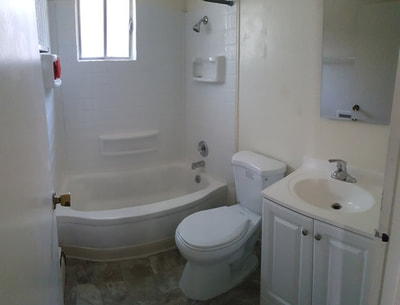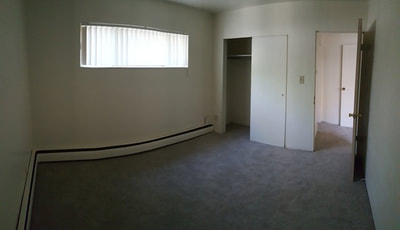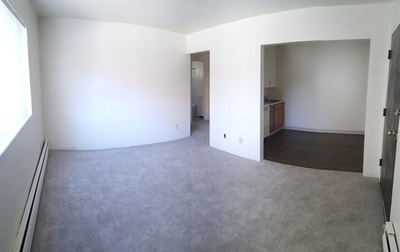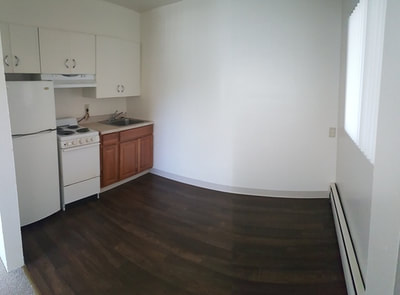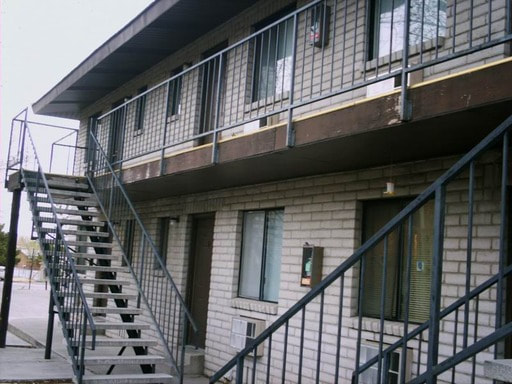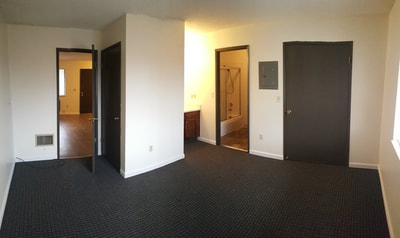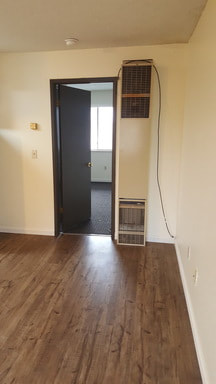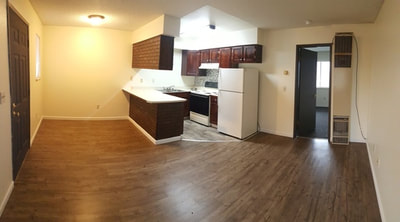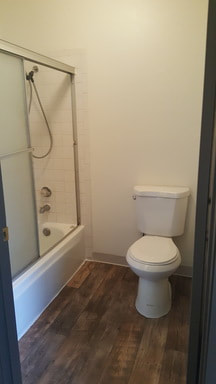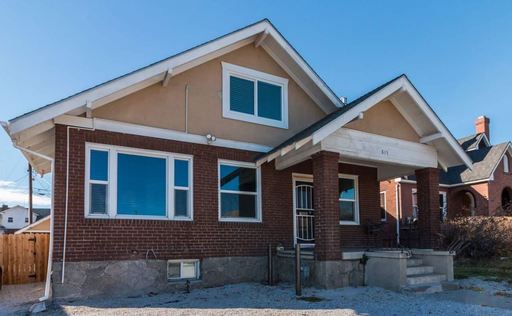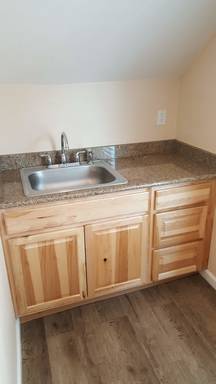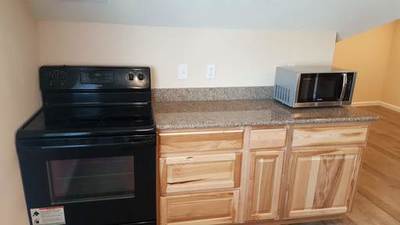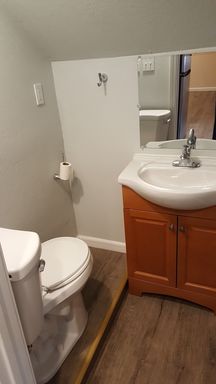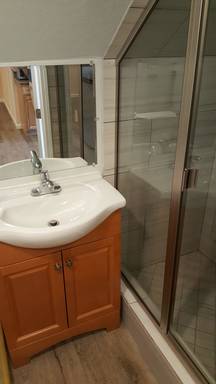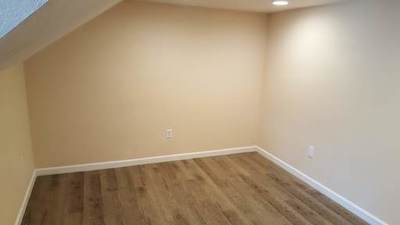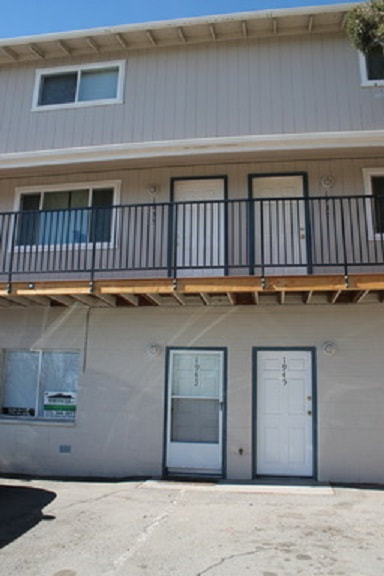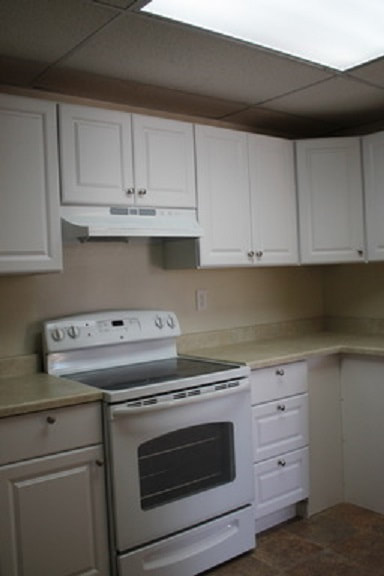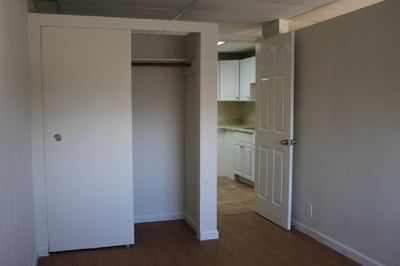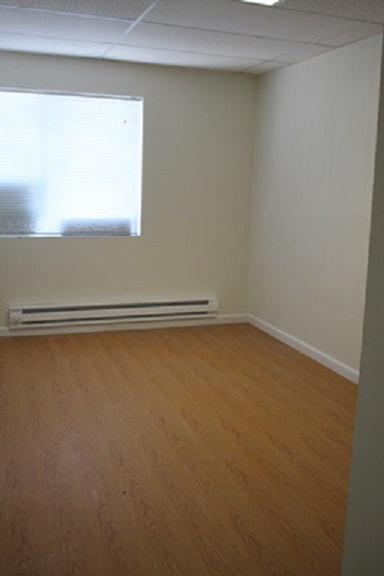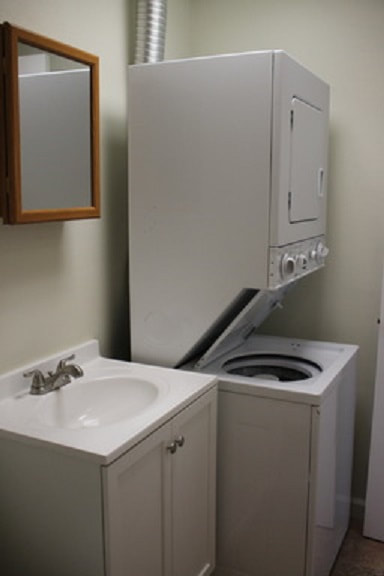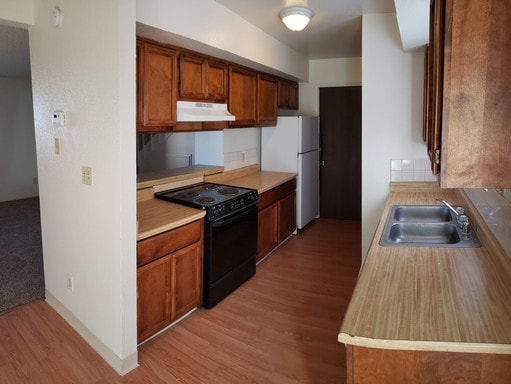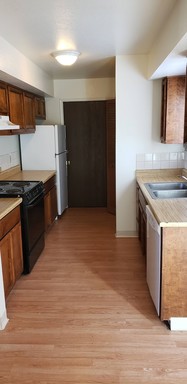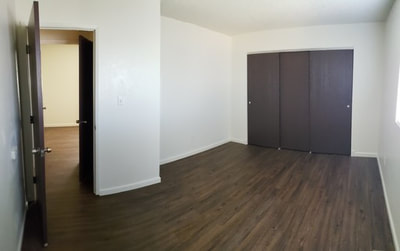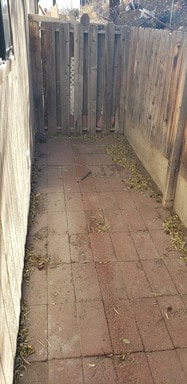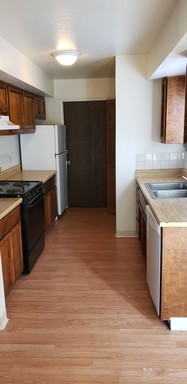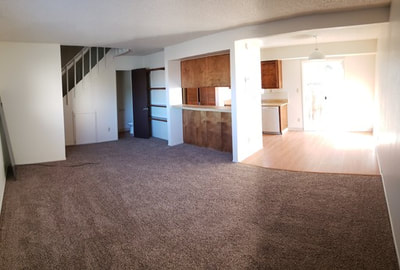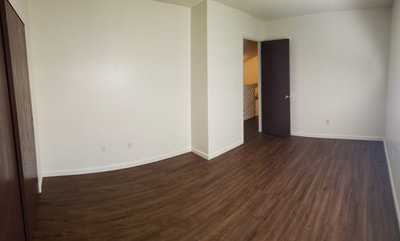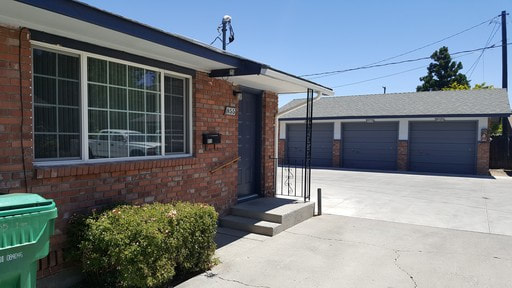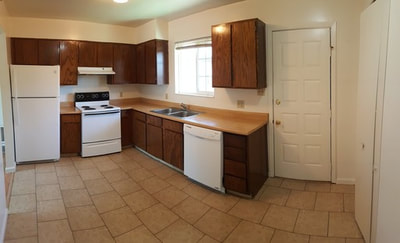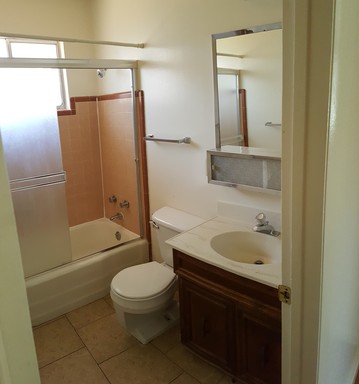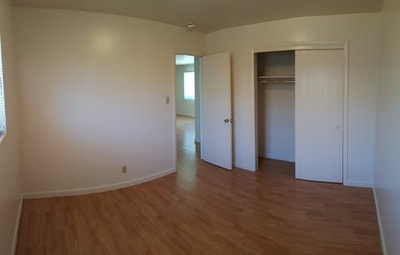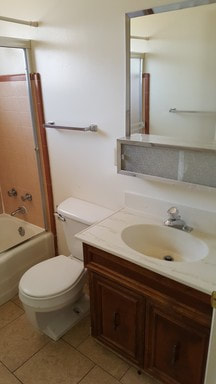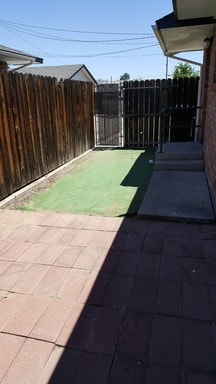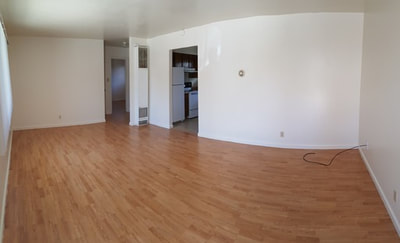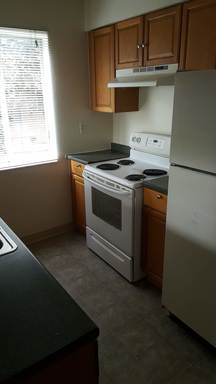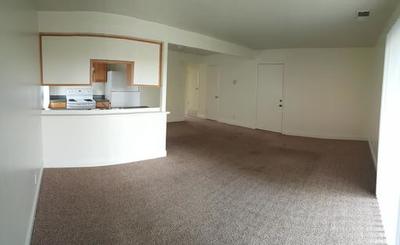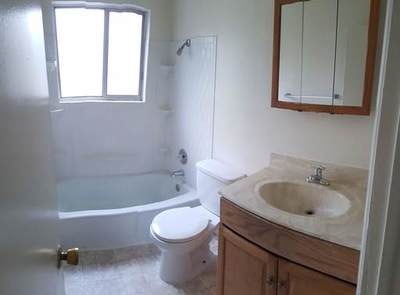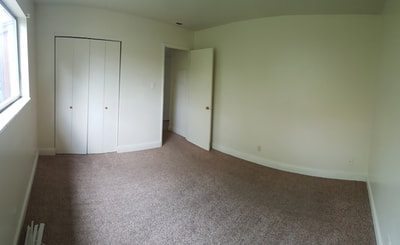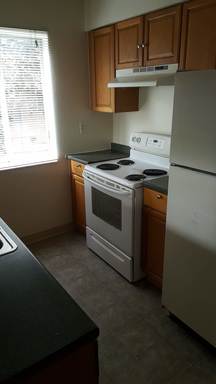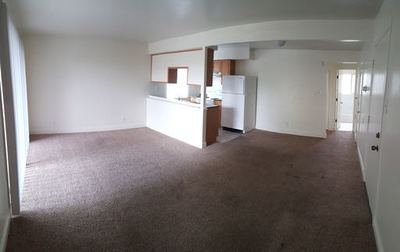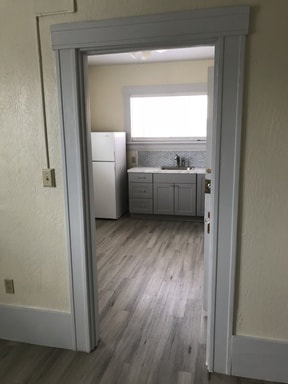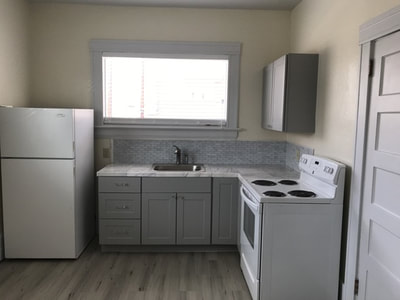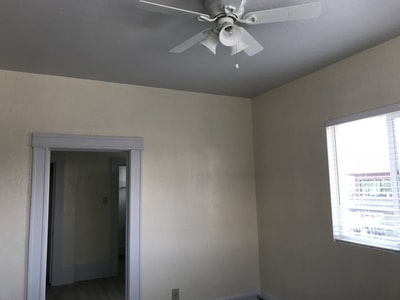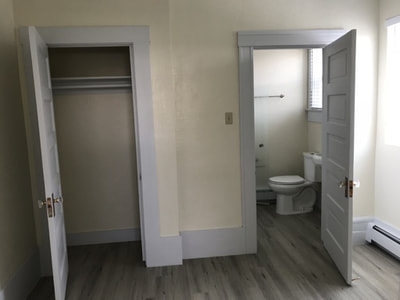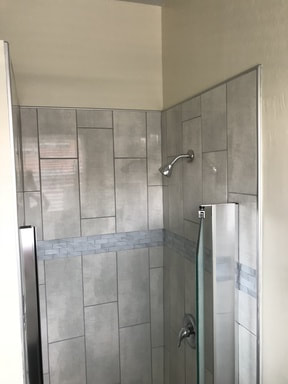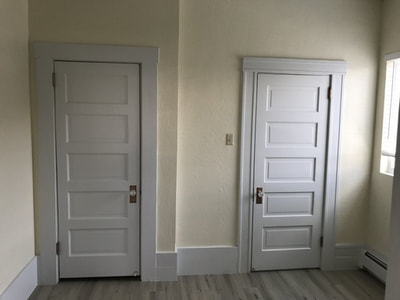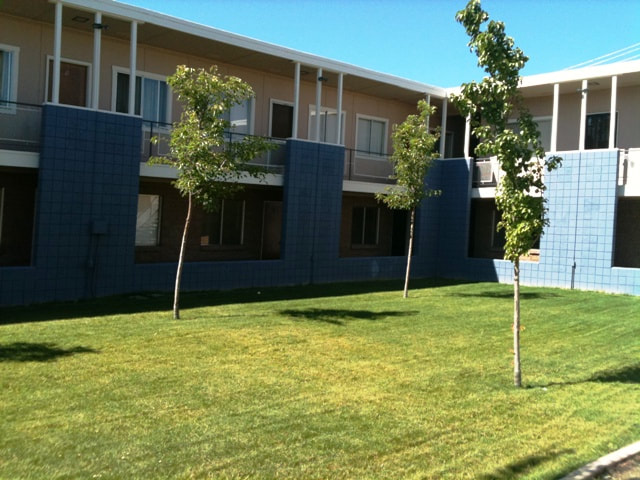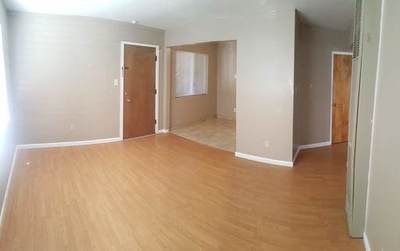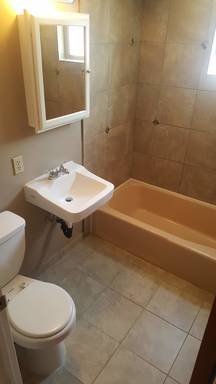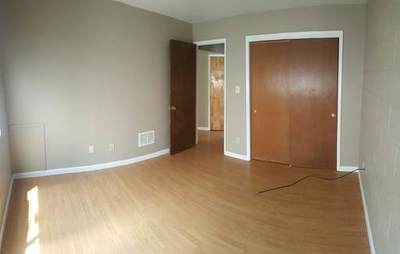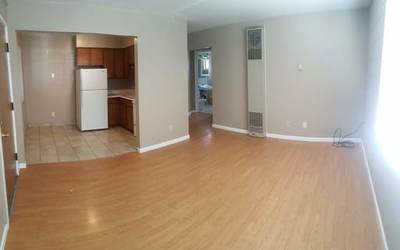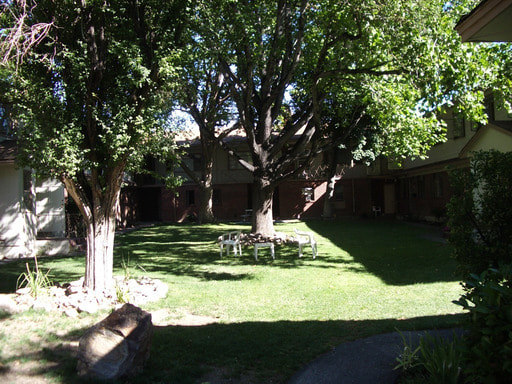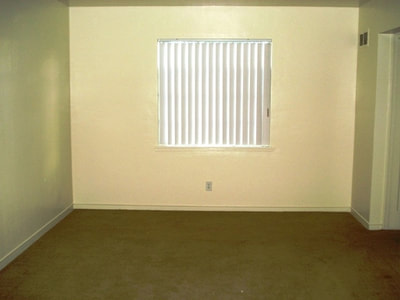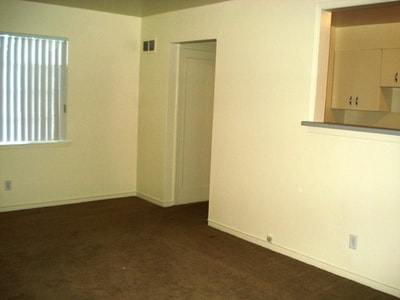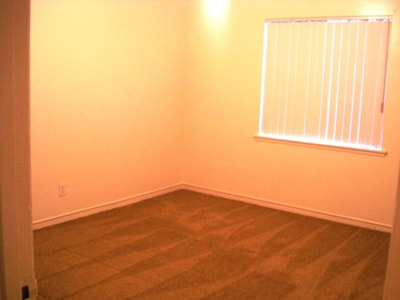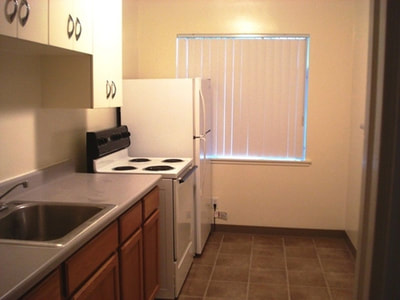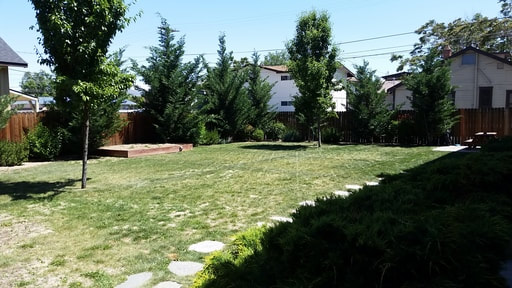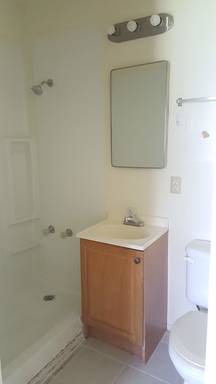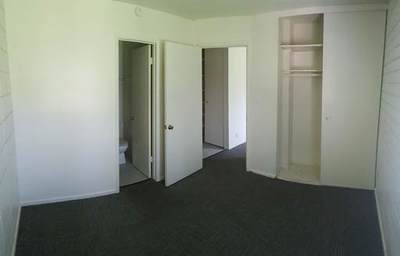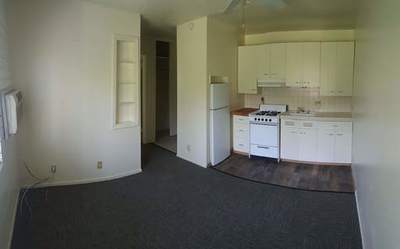|
Moving out of a rental property is something most tenants will have to face at one point in time. While any relocation can be stressful, it can be a bit different if you were renting. Things are slightly more complicated, and you have a landlord to answer to, so you should try to ensure everything goes smoothly and without any conflicts. Here are the most important things to remember when moving out of your rental apartment. Above all, you should remember to stay calm and take things one step at a time to avoid any headaches. Notify the landlord
Once you realize you’ll be moving out, one of the first things you should do is notify the landlord. Move-out notices are usually done at least a month in advance. To be on the safe side, you should check the required time for notification on the paperwork. Most leases will require you to file the notice in writing. However, it can be a good idea to do so even if you aren’t obliged by the contract. Having written proof that you have notified the landlord can come in handy in case of any disputes. Check your paperwork Go through the lease agreement and see if there are any special requirements. These can be set by the landlord or the property management company. It can be a good idea to talk to the owners in person to make sure you haven’t missed anything. Among the things to remember when moving out of your rental apartment are any changes you’ve made. Make sure you go through the move-in inspection checklist and see if anything needs fixing. In case you did any renovations or remodeling on the property, you’ll need to revert the changes you’ve made. Even if you haven’t changed things, you might need to fix a few things in the apartment. The homeowner will expect things to match their checklist when they perform a move-out inspection, and you should handle any repairs before that date. Find a new property Before you move out, you’ll need to do some house hunting and find the perfect place to move to. We advise that you start looking for a new place about two months before you plan to move out. This will give you enough time to handle everything you need regarding the apartment you are currently living in. Of course, you’ll also need to plan ahead and organize the move itself. Schedule the move-out inspection You’ll need to be present for the move-out inspection so that you can handle any disputes in person. Some landlords will agree to a pre-inspection. If that is a possibility, try to schedule it in advance to reduce the stress on the days you will be moving out. However, landlords usually prefer to have the inspection after tenants have vacated the apartment. That way, they know that no changes can happen from the time they see the apartment to when you move out. Hire movers The actual day of the move is usually the most stressful. You can hire professionals to help you get everything packed and moved to your new Nevada home, saving some time and effort. Even if you need long-distance movers, it shouldn’t be hard to find a reliable moving company, since Nevada has to offer excellent help. Competent movers will take a load off your shoulders by doing all the heavy lifting. The last thing you need to worry about is damaging something on a property you don’t own. Just leave that part of the work to the pros and avoid stressing out altogether. Make sure the bills and utilities are paid Due to all of the chaos of organizing the move, this step is easy to overlook. However, paying all of the bills is one of the things to remember when moving out of your rental apartment if you want to get your deposit back. In case you fail to pay the bills, the owner can take it out of the deposit. We always recommend avoiding any confrontations or possible lawsuits. Ask the landlord if they need any of the service providers to continue operating even after you leave. Inform the service providers about any changes and cancel subscriptions that you won’t be carrying over. Document the condition of the property when you are vacating Move-out inspections are usually meant for the landlord to see if there has been any damage to the property. We also recommend doing a small inspection of your own. The property owner might be rushed and just going through a checklist. On the other hand, you can take your time and go from room to room inspecting everything. Take many photos and record video footage. One of the best ways of ending disputes is with hard evidence, so pick up your phone and start recording! We also recommend that you get everything you can in writing. There are many scams out there, and it’s better to be safe than sorry. You can follow this advice when moving into the next apartment as well. Take photos of everything and make digital copies of all the documentation. Update your address Once you find a property you like and complete the move, you’ll need to update your address. Notify the relevant government agencies and update any documents with the new address. Some subscriptions are digital and attached to an online account. However, you’ll need to update anything that has a physical subscription or shipping. You should leave a forwarding address with your landlord in case anything arrives for you after the move. Perhaps some packages were stuck in transit, or you forgot to update the address for every service. Leave a way for people to reach you and just avoid any misplaced mail or packages. Conclusion As you can see, there are many things to remember when moving out of your rental apartment. It’s okay to feel overwhelmed at times, but it doesn’t mean you should start panicking. Just make a list, and that way you won’t forget anything important. If you ever feel confused, you can contact professionals for advice and support. When tenants are asked why they don't just buy a home, the answers often include, "my credit is bad." Improving your credit is not as hard as most people believe but it does take some action. Credit is established by a payment history. It is important to know what kind of payments are used to create a credit score. Some payments are not reported to the credit bureaus, but can be used as "non-traditional" forms of credit. These payments include cell phone, utilities and rent payments. If you have no credit score, these "non-traditional" payments can be used to prove your credit worthiness and are acceptable for certain home loan products. Keeping good records of these payments are important and can be the proof you need to qualify for financing.
In the case of having poor credit due to slow payments on past loans such as a car payment or bills that were turned in for collection or repossession, that can still be overcome. The first step comes from learning what shows up on your credit report by having a bank pull a report and is willing to show you the results. If there are outstanding balances or collections, they must be addressed. It is possible that the creditors are willing to negotiate a payoff that is less than the actual amount you owe. Using a tax refund, for example, to pay off old debt would be a smart way to use those "extra dollars." A phone call to the creditor requesting a discount, in most cases, will result in a payoff that may be affordable and will be a step in improving your credit score. In any case, clearing any bad history is critical before any "good credit" can be obtained. If credit report shows only limited use of credit and the score is low, there is another way to correct this problem. Of course, the answer is to obtain recent payment history to show you now have the ability and willingness to make timely payments. One way to make this happen is to go to a bank or credit union and tell them what you are trying to do. Request a small loan of $1,000 or whatever the lender's minimum loan is. Use the loan proceeds to open a savings account or Certificate of Deposit to be held by the bank as security for the loan. The bank is 100% guaranteed that the loan will be repaid since they are holding the money to apply to the loan if you don't make the payments. Once the loan is in place, be sure to make timely payments until the loan is paid in full. The bank will then release the hold on the funds in your savings account. You will have accomplished two things: you improved your credit score, and you have money in the bank! Plus, the bank is now more willing to consider you as a risk for future loans. Building credit, or repairing credit is not an overnight thing, but is vital to making the leap from paying off someone else's mortgage to paying off your own. |
Property Management in Reno/SparksClark Real Estate
305 W. Moana Ste C Reno, NV 89509 (775) 828-3355 We have Storage Units!
Find a home: |


